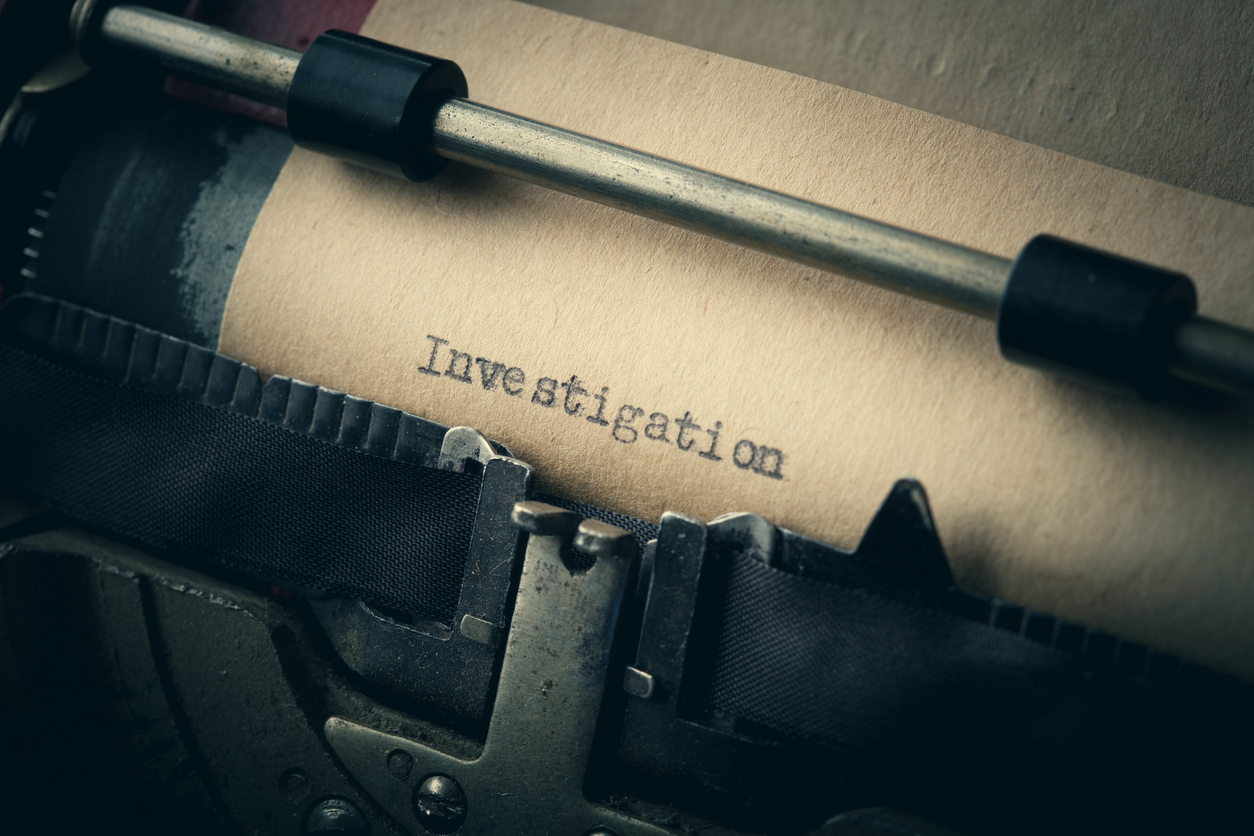Several actors participate in the oversight of intelligence activities. This model, based on cooperation between the overseers of intelligence activities, enables supervision from multiple angles and the cost-effective use of special expertise.
Oversight can be divided into internal and external supervision. In addition to regular managerial steering, the internal supervision of intelligence activities includes the intelligence authorities' internal legality supervision. In the Finnish Security and Intelligence Service, this is the remit of the Service's internal overseer of legality. In the military intelligence authorities, in-house control is executed by the Defence Command Legal Division under the Chief Legal Advisor of the Defence Forces. The administrative control of the Finnish Security and Intelligence Service by the Ministry of the Interior and that of the military intelligence authorities by the Ministry of Defence can also be included in internal supervision. Among other things, the Ministry of the Interior and Ministry of Defence are tasked with ensuring that the intelligence authorities organise their operations, issue guidelines, train their personnel and arrange their internal supervision of legality appropriately.
The external supervision of intelligence activities is conducted by the Intelligence Oversight Committee of Parliament, the Intelligence Ombudsman and the Data Protection Ombudsman. The Intelligence Oversight Committee is responsible for parliamentary oversight and the Intelligence Ombudsman for legality oversight of intelligence activities, while the Data Protection Ombudsman controls the intelligence authorities' record-keeping and other processing of personal data. The system of external supervision is complemented by the supreme guardians of law, that is, the Parliamentary Ombudsman and the Chancellor of Justice. According to the division of duties between the supreme guardians of law, the Parliamentary Ombudsman supervises the operative dimension of intelligence activities, and the Chancellor of Justice supervises them at the strategic level.
Even though the independent courts are not supervisory authorities, they play an essential role in the intelligence control system by ensuring legal protection. The use of intelligence gathering methods that most interfere with fundamental rights require the authorisation of the Helsinki District Court.
This model, based on cooperation between the overseers of intelligence activities, enables supervision from multiple angles and the cost-effective use of special expertise. The figure below illustrates the organisation of intelligence oversight and court control in Finland.
.jpg/049b705b-c72d-6450-0dbf-74f9255b1dcc?t=1697627479226)

